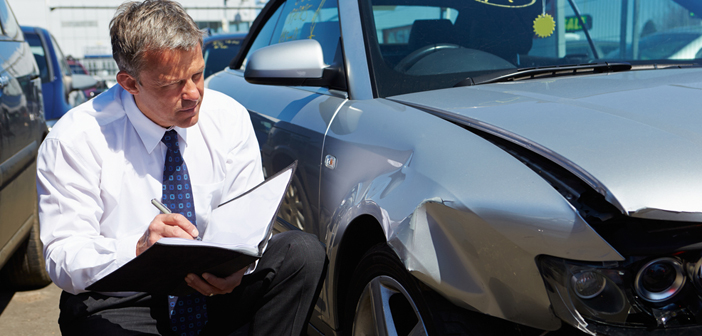The car insurance group system plays a big part in determining premiums. In addition to various other factors such as age, security features fitted and where the car is parked, car insurance companies use car insurance groups to calculate premiums.
Car insurance groups give an indication of risk to insurance companies. Proposed groupings are recommendations only and are not binding on insurers.
The 1-50 system was introduced in 2007.
How the car insurance group rating system works:
The panel meets to assign new car models to an insurance group from 1 (cheapest to insure) to 50.
Cars in the highest groups are likely to cost insurers the most in insurance claims, while those in lower car insurance groups attract a lower premium.
Repair costs feature strongly in how the groups are defined. The lower these costs, the more likelihood there is of a lower group rating. Longer repair times equal higher costs.
Car performance is a factor, so cars fitted with a safe braking system as standard will have a lower insurance rating.
Cars with bumpers that are compatible with the insurer’s criteria qualify for lower insurance ratings.
Principal factors considered to group cars:
Cost of damage to parts
The more it costs to repair the car, the higher the rating.
Body shell availability
The easier it is to access body shells, the lower the rating.
Average repair time
If it costs longer to repair the car, car insurance companies are more likely to charge higher insurance premiums. The car insurance group is likely to be high for cars with longer average repair times.
Value of new cars
New cars may have better safety features, which may result in lower ratings.
Performance
High performance cars are likely to cost more to repair, so the car insurance grouping will be high.
Level of security
Better security levels mean that car insurance companies are likely to rate the car lower.











